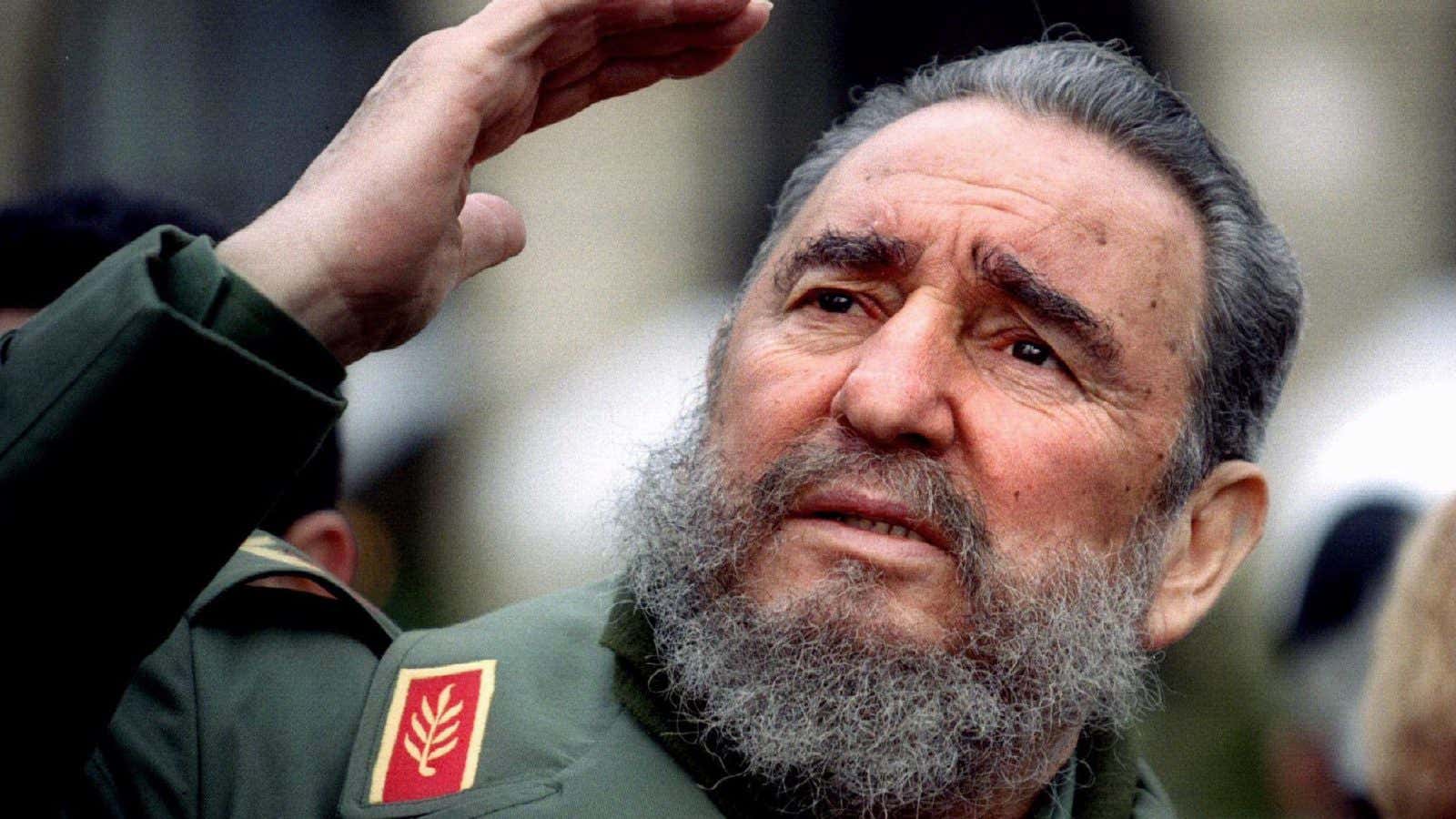Fidel Castro, who led Cuba to a communist revolution in the 1950s and served as its president for almost 50 years, died late on the evening of Nov. 25, according to a statement from his brother. He was 90 years old.
“The commander in chief of the Cuban revolution died at 22:29 hours this evening,” said Raúl Castro, president of Cuba since 2008, in a televised address to the people of the island nation.
Fidel Castro was reviled in much of the US for bringing Communism close to American shores. After fighting a two-year-long guerrilla campaign to overthrow the dictator Fulgencio Batista—most of it with a few hundred fighters against Batista’s forces of tens of thousands—Castro became leader of Cuba in 1959 and, three years later, declared the revolution to be a Marxist-Leninist struggle.
His ideological alignment with the former Soviet Union led, in 1962, to his agreeing to allow Russian nuclear missiles a base on Cuba. The deal led to the Cuban Missile Crisis, a standoff between the US and the Communist world that would go down in history to be one of the tensest moments of the Cold War.
In other parts of the world Castro and the Cuba he shaped to his will were symbols of resistance and strength in the face of global capitalism.
Castro was indeed strong. He “wielded power like a tyrant,” writes the New York Times (paywall), and was feared as a leader who sought to control everything from the color of army uniforms to the details of the lives of everyday citizens.
But he also inspired love and loyalty, both among Cubans, and as a figurehead for Latin American strength in the face of US regional dominance.
Born in the Cuban province of Oriente in 1926, Castro studied law at the University of Havana before becoming immersed in politics. He served as Cuba’s president until handing over some powers to his brother in 2006, due to failing health, and giving up the presidency officially in 2008.
Relations between the US and Cuba began to thaw during the second Obama administration. Barack Obama visited the country in 2014, initiating a process in the years since of lifting blocks to trade and promoting cooperation.
In April 2016, Fidel Castro made a rare public appearance at the Communist Party Conference, where he appeared to be saying his last goodbye.
“I’ll be 90 years old soon,” he said. “Soon I’ll be like all the others.”
